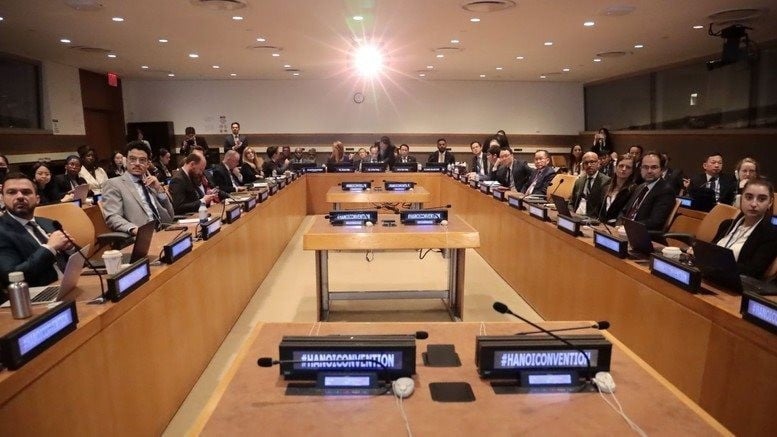
Therefore, a global convention is meaningful as a collective protection mechanism, creating principles for countries to be able to live peacefully and develop together in the digital environment.
Vietnam is ready for the signing ceremony of the United Nations Convention against Cybercrime on October 25 and 26 in Hanoi. Previously, the United Nations General Assembly adopted the Convention on December 24, 2024. This is considered a landmark document to strengthen international cooperation in combating cybercrime.
President Luong Cuong will preside over the signing ceremony of the Convention, with the participation of United Nations Secretary-General Antonio Guterres, along with many high-ranking leaders of countries, regional and international organizations. Within the framework of the signing ceremony, many discussion sessions and panels on the theme "Combating Cybercrime - Sharing Responsibility - Looking Towards the Future" will take place.
The “Hanoi Convention” consists of 9 chapters and 71 articles, the result of nearly 5 years of negotiation between member countries towards the goal of building a comprehensive multilateral legal framework to combat crimes in cyberspace.
The United Nations Convention against Cybercrime, or the “Hanoi Convention”, is the first legal framework at the global level, responding to the urgent need for international cooperation in promoting the rule of law in cyberspace, and is the basis for authorities to respond more quickly to threats against individuals, businesses, and governments.
The United Nations Convention against Cybercrime, or the “Hanoi Convention”, is the first legal framework at the global level, responding to the urgent need for international cooperation in promoting the rule of law in cyberspace, and is the basis for authorities to respond more quickly to threats against individuals, businesses, and governments. This is especially meaningful in the context of increasingly complex cybercrime, both domestically and internationally.
The United Nations predicts that cybercrime could cost the global economy around $10.5 trillion by 2025, greater than the GDP of most developed economies. This shows the scale, complexity and scope of this type of crime.
On the international level, cybercrime is often transnational in nature. Cyberattacks, online fraud, ransomware, cyber espionage, etc. are often not limited by national borders. Hackers can operate from one country but cause damage to many other countries. Most recently in Vietnam, the case of hackers attacking and stealing information at the National Credit Information Center (CIC) was also the work of cross-border hacker groups. Without a unified international legal instrument, tracing, extradition and investigation cooperation will be very difficult.
In terms of legal gaps and differences in information security capacity, it can be seen that some EU countries, the US, and China have strict domestic laws, while many other countries have institutional issues that are lacking or inconsistent. Completing an international convention will create a common legal framework, helping to narrow the gap, reduce the risk of hackers taking advantage of loopholes in the legal framework and the possibility of extradition and sharing investigative information to continue committing crimes.
Given the current reality of cybercrime in Vietnam, what problems will the “Hanoi Convention” help solve?
Dr. Le Quang Minh, Deputy Director of the Institute of Information Technology, Hanoi National University, said that the Convention will help Vietnam achieve the following things.
First, harmonizing domestic laws with international standards: Vietnam has had the Law on Cyber Security (2015), the Law on Cyber Security (2018), the Law on Personal Data Protection (2025), but still lacks strong international cooperation tools. Joining the Convention will help Vietnam standardize its legal framework, making it easier to coordinate investigations and handle cross-border cases.
Second, support for investigation and handling of cross-border crimes: Vietnam is among the countries heavily affected by online fraud, data encryption attacks, and transnational cyber espionage. Every year, cybercrime causes us an estimated loss of up to 800 million USD. The United Nations Convention on Cybercrime can provide a mechanism for exchanging electronic data, digital evidence, extraditing cybercriminals, and receiving technological assistance and other resources from advanced countries in this field.
Joining the Convention on Cybercrime will also help Vietnam strengthen its national security capacity. Through international cooperation, we can access advanced digital forensic technology, develop human resource training programs, improve the ability to protect important information infrastructure in areas such as energy, banking, and e-government; participate in drills to prevent and combat cybercrime and cyberattacks with cyber security forces of other countries, share intelligence information, digital forensic technology, and incident response skills - something that is difficult for a single country to do effectively. At the same time, affirm international position and responsibility through a strong commitment to cyber security, protecting national interests, and contributing to global cyber security.
This is also a step in line with the national digital transformation strategy, creating a safe, stable and developing digital environment and digital space.
Source: https://nhandan.vn/khung-phap-ly-toan-cau-chong-toi-pham-mang-post911066.html



![[Photo] Joy on the new Phong Chau bridge](https://vphoto.vietnam.vn/thumb/1200x675/vietnam/resource/IMAGE/2025/9/28/b00322b29c8043fbb8b6844fdd6c78ea)
![[Photo] The 4th meeting of the Inter-Parliamentary Cooperation Committee between the National Assembly of Vietnam and the State Duma of Russia](https://vphoto.vietnam.vn/thumb/1200x675/vietnam/resource/IMAGE/2025/9/28/9f9e84a38675449aa9c08b391e153183)
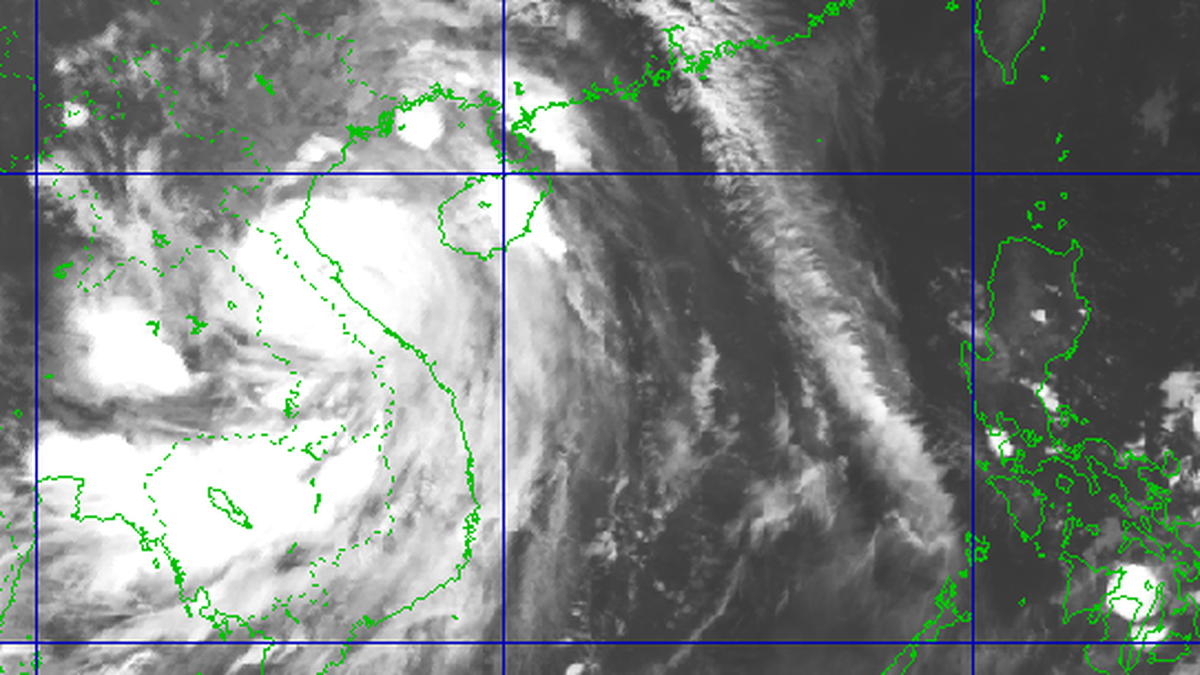
![[Photo] High-ranking delegation of the Russian State Duma visits President Ho Chi Minh's Mausoleum](https://vphoto.vietnam.vn/thumb/1200x675/vietnam/resource/IMAGE/2025/9/28/c6dfd505d79b460a93752e48882e8f7e)
















![[Photo] Joy on the new Phong Chau bridge](https://vphoto.vietnam.vn/thumb/402x226/vietnam/resource/IMAGE/2025/9/28/b00322b29c8043fbb8b6844fdd6c78ea)
![[Photo] The 4th meeting of the Inter-Parliamentary Cooperation Committee between the National Assembly of Vietnam and the State Duma of Russia](https://vphoto.vietnam.vn/thumb/402x226/vietnam/resource/IMAGE/2025/9/28/9f9e84a38675449aa9c08b391e153183)




























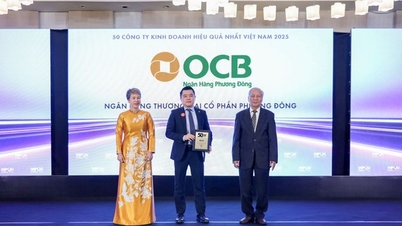






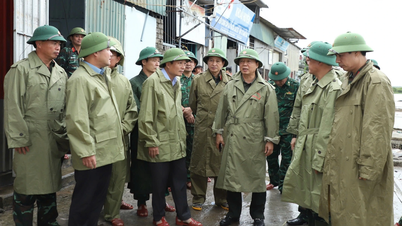









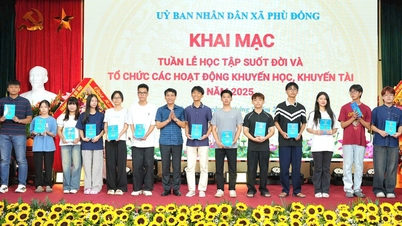
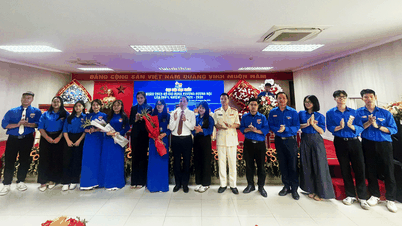
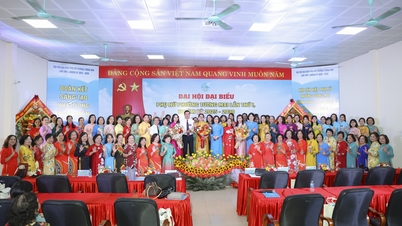















Comment (0)